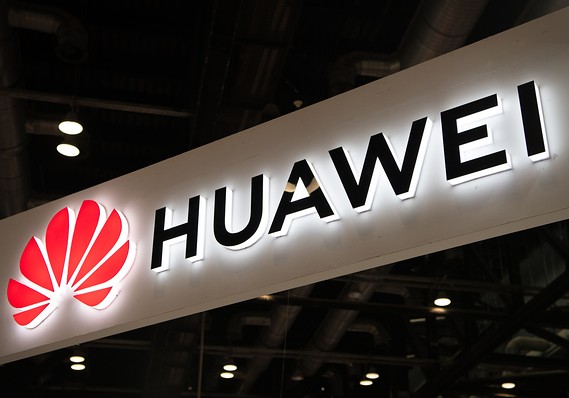 Getty Images
Getty Images With the U.S. – China trade war buffeting markets, American investors may be curious about China. But what’s the right approach?
You can choose from China “bull” YINN, +2.98% or “bear” YANG, -3.01% funds, or slice and dice the country’s economy into sectors – health care CHIH, +0.42% , technology CQQQ, +0.53% , biopharma, and more.
But you might also consider an approach that confronts China for what it is: a exchange-traded fund that strips out the notoriously opaque Communist government-owned enterprises, allowing investors to focus their money on private companies instead.
The investment thesis behind that ETF, the WisdomTree China Ex-State-Owned Enterprises CXSE, +0.57% is straightforward: “private corporations are run more efficiently and act in the best interests of shareholders rather than the state.”
The reality is anything but.
Leland Miller is CEO and co-founder of the China Beige Book, a unique research firm that uses industry data from sources inside the company to compile a more granular – and honest – profile of the economy and business conditions than the government provides. In China, “There’s no clear-cut line between state-owned enterprises and private firms,” Miller told MarketWatch.
Related: A China skeptic takes a victory lap as unwanted steel floods the market
WisdomTree says it defines “state-owned” as “government ownership of greater than 20%,” but Miller argues that it’s more complicated than that.
Some companies that operate as private firms are in turn owned by state-owned enterprises, Miller pointed out. “A lot of private firms have Communist party members on their board,” he said. “Others are just dominated indirectly. One example is Huawei, which serves the will of the state.”
Perhaps more challenging is the question of whether the ETF’s thesis is even correct.
Miller said he finds the idea “weird.” While Chinese state-owned enterprises have a reputation for, in his words, “overwhelmingly underperforming private firms because the state is a less market-savvy actor than private firms trying to maximize profit,” he also points out that that’s precisely the wrong way to look at the situation.
Chinese state-owned enterprises exist to perform functions outside of profit-making. Some, like housing authorities, may be familiar to American investors. Others, like the institutions known as China’s “Big 4 Commerical banks” may be less so: private in name, public in spirit.
In fact, if the Chinese economy turns down sharply, whether because of the trade war or not, state-owned enterprises may do better than private ones. They receive favorable treatment, such as access to capitaland their heavy concentrations of workers make them politically important.
See: Here’s an investing strategy that smooths out some market ups and downs
That’s a good reminder that investors should know what their own priorities are when deploying money anywhere, notes Eric Hsueh, the director of investment research at Cornerstone Capital Group.
For someone with a high conviction that investing in China is a money-maker, there are broad ETFs that passively track strategies like the MSCI China Index for low fees. But if your intent is to invest more impactfully, it may be better to look for an active manager who can do due diligence on how companies in the fund are run, and perhaps even nudge managers to adopt best practices that would make them more profitable.
Hsueh also notes that historical performance for the WisdomTree China Ex-State-Owned Enterprises CXSE, +0.57% ETF, which launched in 2012, has been strong: it’s gained 13.6% over the past three years, according to FactSet data. But that’s mainly because it’s been a great few years for some of the big private Chinese companies that make up the fund, like Alibaba Group Holding Ltd. BABA, +0.52% and Tencent Holdings Ltd. TCEHY, +0.31% , which together account for nearly one-quarter of the holdings.
That streak may well continue. Or it may not. Those calculations are made much more knotty by the ongoing trade war, Hsueh pointed out. His firm has moved to an underweight position on emerging markets, broadly, in the short term, though he thinks long-term dynamics, like demographics, make the space attractive over the long term.
Read: Do well by doing good with this fund that supports freedom and human rights










Add Comment